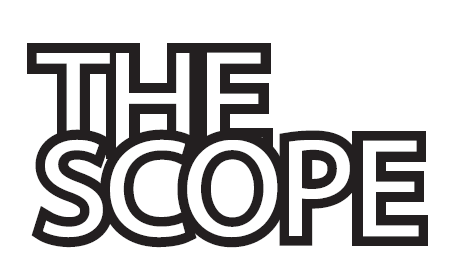As International Women’s Month brings focus to female issues, Kate Finlay delves into the world of music and asks why, in 2018, music is still a ‘man’s, man’s world’.
This International Women’s Month many are focusing on the women who inspire them, from Beyoncé to Madonna, lots of these figures are taken straight from the stages of pop music. However, in Rolling Stone magazine’s list of the top 100 artists of all time, there is only one woman – Aretha Franklin – in the top thirty. Although shocked, I am not surprised. This is an industry in which the majority of ‘quality’ acts receiving critical recognition are still male, almost as if it is hesitant to award a talented and creative woman the status of ‘icon’ or ‘legend’ that is effectively handed to any male act who achieves relative success.
There is no shortage of legendary females, names instantly spring to mind; Debbie Harry, Stevie Nicks, Whitney Houston. Where is the recognition for these women and those currently paving the way for females in popular music? Of all cover acts featured on Q magazine in 2017 only two of them had female members, The xx and St Vincent. It was a year in which artists like Dua Lipa, Lorde and Haim released albums that enjoyed both commercial and critical success, with Lorde’s 2017 album Melodrama topping many of the year’s ‘Best Of’ lists.
However, when Dua Lipa’s single New Rules reached number one in the UK charts, it became the first song by a female solo artist to reach that position in two years. In comparison to male artists, history suggests that it is unlikely acts like Dua Lipa will make a lasting impression in pop culture or indeed music history. Music publications of the future will skim over the great achievements of these women and instead focus on the repetitive and often formulaic offers from artists like Drake or Ed Sheeran.
This inability to make an impression is not, as claimed by Grammy producer Ken Ehrlich, due to a need to ‘step up’. Women and acts including females have been stepping up for decades and have consistently been ignored. It is because the industry and media treatment of women is so shallow. Rarely is a woman genuinely praised for her musical or lyrical genius, instead they are boiled down, simplified and trivialised. Just look towards Amy Winehouse, an incredible talent reduced to an out of control addict by news outlets and gossip sites, Meg White is seen as nothing but a spare part – only there to support someone hailed as the guitar hero of his time. In the case of Elastica, lead singer Justine Frischmann’s talent was obscured by the label of being the britpop girlfriend of a Blur member.
Despite past contributions, which many fail to acknowledge or recognise the importance of, the future of females in music looks bright. Exciting acts such as Jorja Smith, SZA and Sigrid are emerging onto the scene and we can only hope that the imbalance present in charts, lineups and magazine covers will be corrected. For this to be achieved the industry must allow it. Björk, someone who has established her status as an icon, told Pitchfork that in the business of music it takes a woman saying something five times for it to be heard, compared to one time for a man. This sentiment is echoed by newer and more up and coming acts like the riot grrrl inspired pop singer GIRLI. In her song Hot Mess she details the patronising nature of the industry and the way she feels belittled purely because she is a young woman. Taking this treatment into account, the achievements of successful women who have overcome it – from Amy Winehouse to Dua Lipa – should be highlighted and celebrated this month and for years to come.
by KATE FINLAY
graphic MPR


